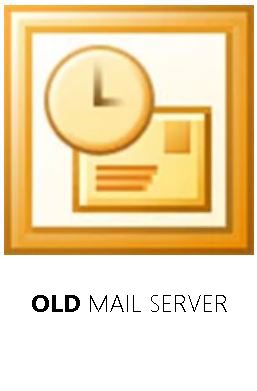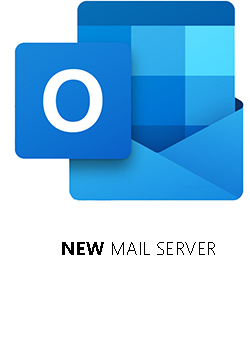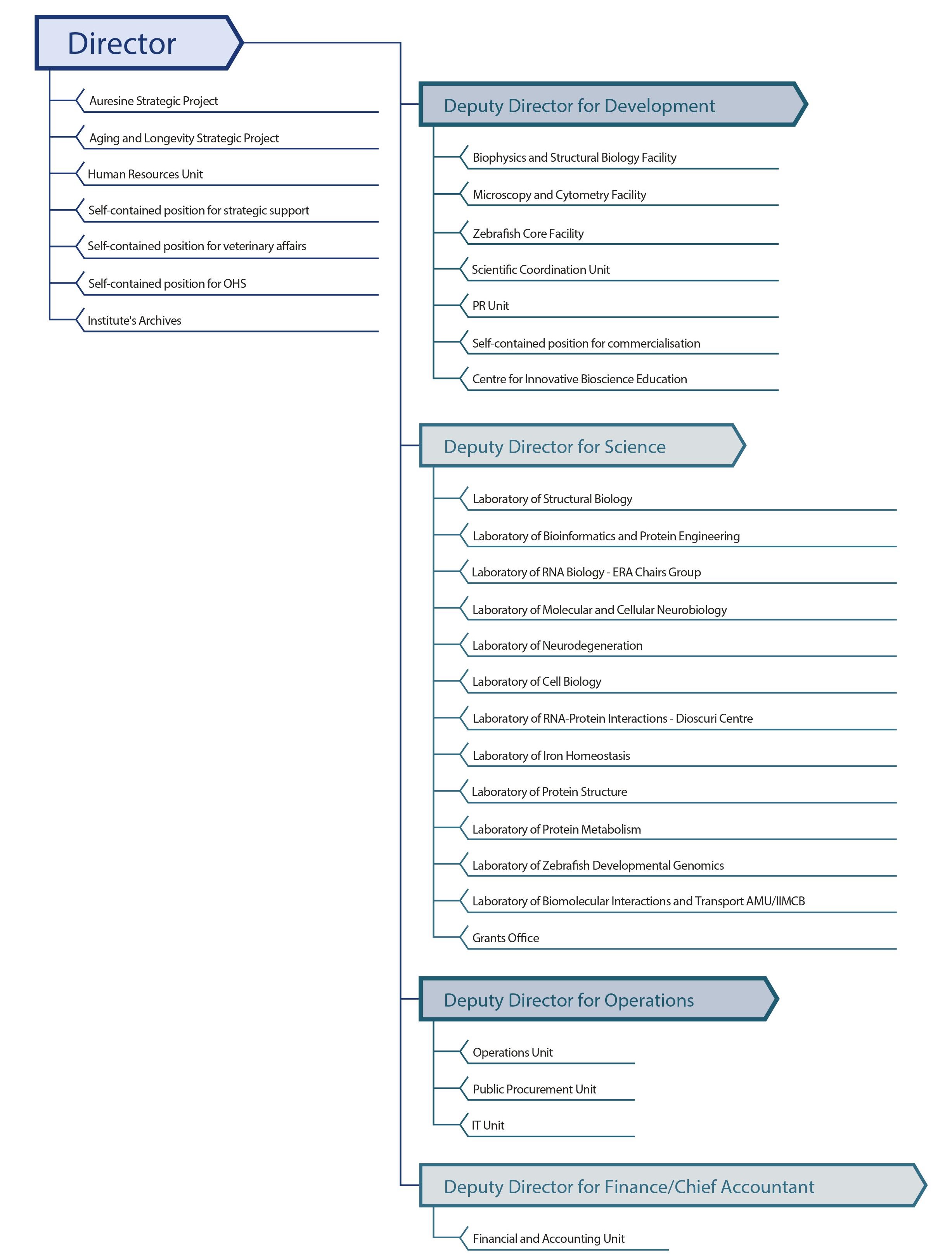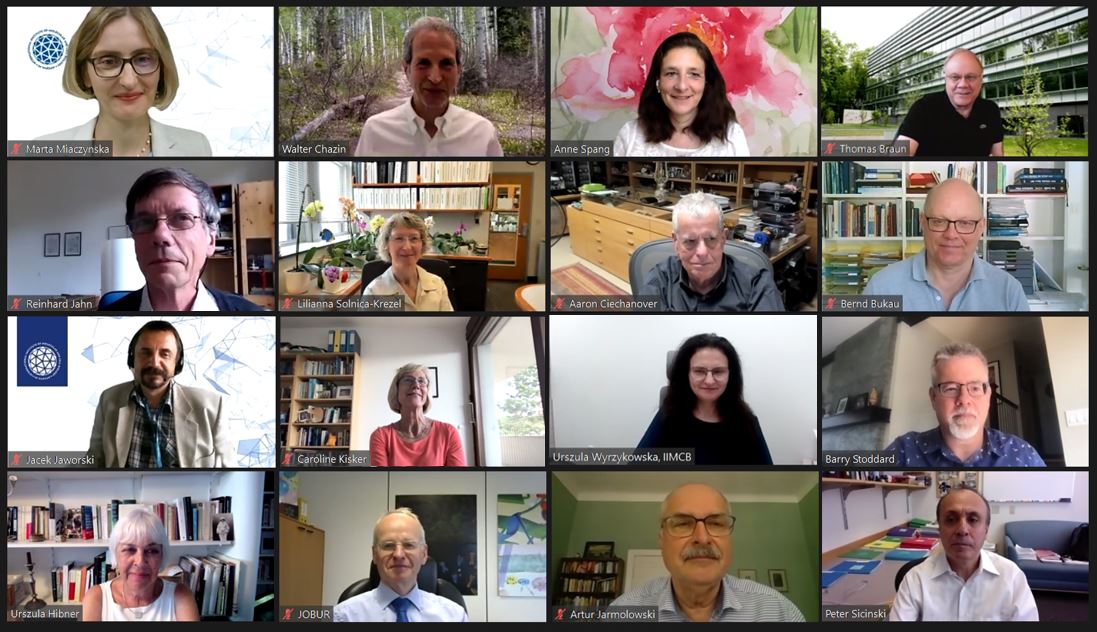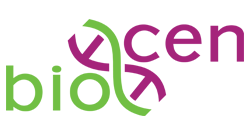|
PHD PROGRAMMES |
||
|
1 |
2 |
3 |
The EXSCALATE4CoV (E4C) project aims to exploit the most powerful computing resources currently based in Europe to empower smart in-silico drug design. At the core of the project is Exscalate (EXaSCalesmArtpLatform Against paThogEns), at present the most powerful (and cost-efficient) intelligent supercomputing platform in the world, developed by Dompé. Exscalate (exscalate.eu) leverages a "chemical library" of 500 billion molecules, thanks to a processing capacity of more than 3 million molecules per second.
The IIMCB role is to speed up the experimental part of the project and to determine the crystal structure of coronavirus functional proteins to evaluate the structural similarities with other viral proteins. Structural studies constitute a key stage of the rational drug development process.
The EXSCALATE4CoV project can be implemented thanks to the funding the European Commission stepped up in an emergency call dedicated especially to research on COVID-19 vaccine development, treatment and diagnostics. The call was announced only in January 2020. The project lasts from April '20 to September '21.
Basic facts:
-
Project title: EXaSCalesmArtpLatform Against paThogEns for Corona Virus
-
Project Acronym: EXSCALATE4CoV
-
Project Coordinator: Andrea Beccari, Dompe
-
IIMCB Project Leader: Marcin Nowotny, Laboratory of Protein Structure
-
Grant Amount: ~3 m €
-
Project duration: 18 months
-
Consortium: 18 Partners
The E4C consortium:
-
Dompé Farmaceutici SPA
-
Politecnico di Milano (Dept. of Electronics, Information and Bioengineering),
-
Consorzio Interuniversitario CINECA (Supercomputing Innovation and Applications),
-
Università degli Studi di Milano (Pharmaceutical science Department),
-
Katholieke Universiteit Leuven,
-
International Institute Of Molecular And Cell Biology In Warsaw (IIMCB),
-
Electra Italian Crystallographic Association,
-
Fraunhofer Institute for Molecular Biology and Applied Ecology,
-
Barcelona Supercomputing Centre,
-
Forschungszentrum Jülich,
-
Università degli Studi di Napoli Federico II,
-
Università degli Studi di Cagliari,
-
SIB Swiss Institute of Bioinformatics,
-
KTH Royal Institute of Technology (Department of Applied Physics),
-
Istituto Nazionale di Fisica Nucleare (INFN),
-
Associazione BigData,
-
Istitutonazionale per le malattie infettive Lazzaro Spallanzani,
-
Chelonia Applied Science.
LATEST NEWS:
-
November 23, 2020: Exscalate4Cov 1 performed in Italy the most complex supercomputing experiment to identify new therapies against Sars Cov2 virus (See also: https://1trilliondock.exscalate4cov.eu)
-
July 1, 2020: Exscalate4CoV can now count on the two most powerful supercomputers in Europe in the race against the coronavirus
| This project has received funding from the European Union’s Horizon 2020 research and innovation programme under grant agreement No 101003551. |
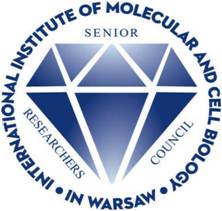
The Senior Researchers Council at International Institute of Molecular and Cell Biology is an association of researchers and senior researchers from all IIMCB laboratories. The main objective of the council is to facilitate research work, accomplishment of short and long-term scientific goals and career development of the members of the group.
We also aim to serve as an additional communication platform between the researchers and senior researchers and the IIMCB authorities. If you would like to take an active part in Senior Researchers Council activities please contact its representatives:
Małgorzata Figiel, PhD: This email address is being protected from spambots. You need JavaScript enabled to view it.
Bartosz Tarkowski, PhD: This email address is being protected from spambots. You need JavaScript enabled to view it.
Institutional Open Access Policy of
the International Institute of Molecular and Cell Biology in Warsaw
With a view of taking full advantage of the opportunities offered by the development of digital technologies to the scientific community and ensuring access to knowledge for all without restrictions which are not necessary, taking into account the benefits of broad cooperation and exchange of knowledge and aiming to avoid repetition of work already done and following the principles of transparency the following policy is hereby introduced:
Institutional Policy on Open Access to Scientific Publications and Research Data at the International Institute of Molecular and Cell Biology in Warsaw (IIMCB), hereinafter referred to as "the Policy".
§ 1
The terms used in this Policy, that are not defined in this document, should be understood in accordance with the definitions adopted in the Act of 4 February 1994 on Copyright and Related Rights (Journal of Laws of 2018, item 1191 as amended).
§ 2
This Policy does not violate the provisions of the Copyright Act of 4 February 1994, as well as provisions resulting from the Policy for the management and use of intellectual property of International Institute of Molecular and Cell Biology in Warsaw, in particular, the obligation of the Authors to disseminate scientific works in a manner that does not lead to the deprivation of legal protection of other scientific results (i.e. the possibility to obtain a patent for the invention described in the work).
§ 3
This Policy applies to IIMCB employees and other persons with whom IIMCB has made an agreement of its application. 1
§ 4
The following definitions of terms are used in this Policy:
- The Scientific Publication, hereinafter referred to as the Publication, is understood as:
a) a scientific article - a peer-reviewed article published in a scientific journal; or in peer-reviewed materials from an international scientific conference, presenting particular scientific issue in an original and creative, problematic or cross-cutting manner; accompanied by footnotes, bibliography or other scholarly apparatus appropriate to the scientific discipline.
b) scientific monograph - a reviewed book presenting specific scientific subject in an original and creative manner; accompanied by footnotes, bibliography or other scholarly apparatus appropriate to the scientific discipline. - Research Data - data collected or produced as material for analysis to obtain original scientific results, including but not limited to:
- numerical data,
- text documents, notes,
- questionnaires, survey results,
- audio and video recordings, photographs,
- the content of the databases,
- results of computer simulations,
- laboratory protocols, methodological descriptions.
- Repository - an IT system that provides free and technically unrestricted access to research data or scientific publications over the Internet.
Open access to the Publications
§ 5
The authors provide open access to the Publications through:
a) depositing the electronic form of the final version of the full text of the Publication in a Repository indicated by IIMCB.
b) make the Publication publicly available so that everyone can access it at a place and at a time of their choice and can use it free of charge and technically without restriction based on a free licence - recommended Creative Commons licences.
§ 6
The public access referred to in paragraph 5(b) shall be provided immediately after publishing of the Publication.
§ 7
The authors of the Publication are particularly obliged to agree in advance on the scope of fulfilling the obligation specified in paragraph 5:
a) with co-authors of the Publications (in the case of multiple-author publications) as well as with the authors of the original publications (in the case of review articles or a translation of already existing publications),
b) with publishers and other users of Publications (e.g. organisers of scientific conferences,
c) with granting institution.
§ 8
- However, if the obligation referred to in paragraph 5 cannot be fulfilled, the obligation shall be deemed to have been fulfilled if the author of the Publication ensures, no later than the publisher's policy so permits, that the Publication is made available to the public in such a way that it can be accessed by anyone at a place and at a time of their choice and can be used free of charge and without technical restrictions.
- In case it is not possible to make the Publication publicly available, the author submits a written explanation to the Open Access Officer.
Open access to Research Data
§ 9
- Persons who possess Research Data are obliged to:
a) develop a data management plan for the Research Data (DMP) for each project defining the rules for data management during and after the research, specifying the types of data collected, processed or produced during the research, specifying the methodologies and standards applied to the data, as well as the rules for data sharing and long-term archiving;
b) if necessary, update the management plan for Research Data throughout the duration of the study;
c) store the Research Data in accordance with the rules adopted by IIMCB. - The authors of Research Data, understood as a set of data which direct analysis constitutes the basis for the published results of the conducted research, make every effort to ensure open access to this Research Data (hereinafter "Publication Data") by depositing them in a repository indicated by IIMCB.
- Public access to the Publication Data shall take place in such a way that everyone has access to those data at a time and place chosen by him/her without legal restrictions, e.g. based on a free license.
- The authors of Publication Data endeavour to make the data findable (e.g. through standards such as DOI), accessible, re-usable (reproducible and usable beyond the original purpose, for which it was collected), and interoperable.
§ 10
- The authors document actions taken in relation to the obligations resulting from this Policy and their effects in the manner specified by the Open Access Officer. In the case of project implementation in partnership with other scientific entities, the principles of documentation and management of Research Data should be developed in accordance with the Policy.
Open Access Officer
§ 11
- The Director of IIMCB appoints an Open Access Officer (hereinafter: Data Steward) at IIMCB.
- The tasks of the Data Steward include:
a) informing about the Policy;
b) coordination of work related to the development and maintenance of the IIMCB open access infrastructure;
c) advising on best practices according to the Policy;
d) educating the addressees of the Policy within a scope of open access to Publications and Research Data management;
e) monitoring and reporting of the Policy implementation results to the Director of IIMCB. - The Data Steward presents to the IIMCB Director a report on the implementation of the Policy for the previous year by the end of the first quarter of the following year and, after obtaining its approval, publishes its summary on the Institute's website.
1 The openness policy may be extended to non-employee works (i.e. works created by employees outside their employment obligations and works of persons employed by the entity on a basis other than an employment contract), which may be justified, for example, in the case of financing such works by the entity. In such a case, the Policy will be a part of the contract with such persons
Members
 |
Walter Chazin |
 |
Artur Jarmołowski |
 |
Thomas Braun |
 |
Caroline Kisker |
 |
Bernd Bukau
|
 |
Peter Sicinski |
 |
Jo Bury |
 |
Lilianna Solnica-Krezel |
 |
Aaron Ciechanover |
 |
Anne Spang |
 |
Urszula Hibner |
 |
Barry Stoddard |
 |
Reinhard Jahn |
Permanent Advisor
 |
Angelo Azzi |
International Advisory Board Remote Meeting 2021
International Advisory Board and IIMCB Directors

